In a quiet village near Bengaluru, a temple priest has done something no one expected. He made a full-length Kannada film without hiring a single actor, technician or musician. Narasimha Murthy, who serves at the Hanumantharai Temple in Siddehalli, created Love You, a 95-minute film entirely powered by Artificial Intelligence.
Murthy didn’t come from a film background, nor did he have access to a big team. Instead, he joined hands with Nuthan, a graphic designer who taught himself how to use AI tools. Together, the two-man team used around 30 different AI applications to design the cast, create visuals, generate drone-like shots, compose music and even script dialogues. The film cost £9,500 (₹10 lakh) to make, most of which went into buying software licences, and took just six months to complete.
- YouTubeyoutu.be
Love You received a U/A certificate from the Central Board of Film Certification (CBFC), officially recognising it as a feature film. Though Murthy originally aimed to make the world’s first AI film, he later acknowledged that a movie called Where the Robots Grow had already taken that title in 2024.
Murthy plans to release the film on just one screen as a symbolic gesture to mark a first-of-its-kind attempt in Kannada cinema. The film features 12 songs, with lyrics and dialogue written by Murthy himself, while AI handled the rest.
The CBFC, while impressed by the film’s effort, did flag a few technical limitations. Characters’ appearances changed slightly between scenes, emotional expressions lacked depth, and lip-syncing wasn’t always on point. Still, the board praised the idea for pushing boundaries.

Meanwhile, Nuthan explained how quickly AI tools are evolving. “The tools we used are already outdated. If we were to make the film again today, it would look far better,” he said.
Murthy isn’t stopping here. He’s already planning two more AI-led films, one on Bengaluru’s founder Kempe Gowda and another on the ancient king Immadi Pulikeshi.
In a world where storytelling is rapidly changing, Murthy's experiment hints at what regional cinema might look like in the years to come.







 Diddy trial jury raises alarm over juror and demands key witness testimoniesGetty Images
Diddy trial jury raises alarm over juror and demands key witness testimoniesGetty Images 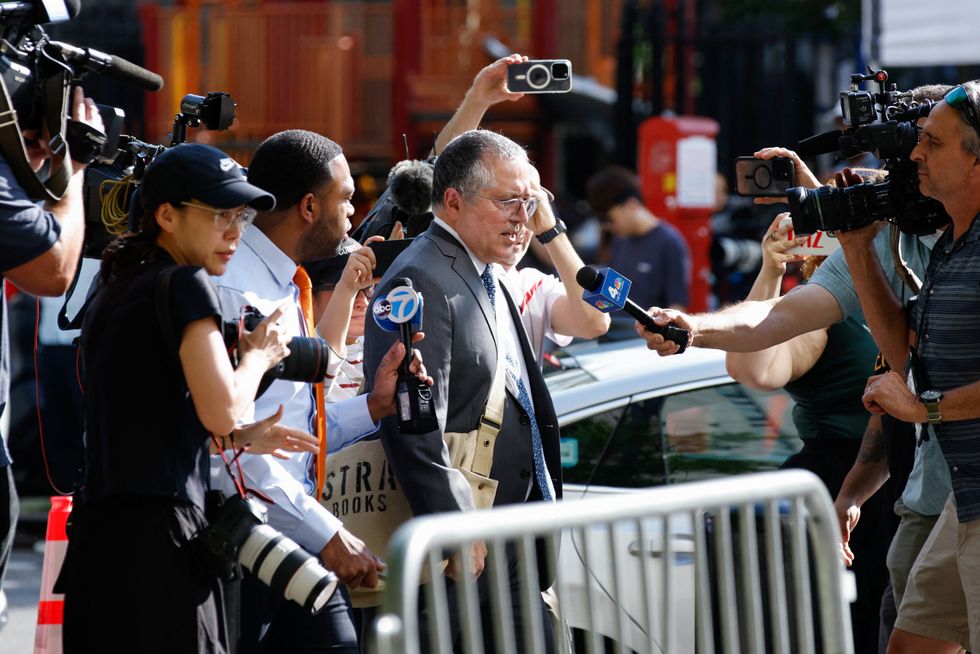 Marc Agnifilo, attorney for Sean "Diddy" Combs, arrives at federal courtGetty Images
Marc Agnifilo, attorney for Sean "Diddy" Combs, arrives at federal courtGetty Images  Sean 'Puffy' Combs arrives at Manhattan Supreme Court in 2001Getty Images
Sean 'Puffy' Combs arrives at Manhattan Supreme Court in 2001Getty Images










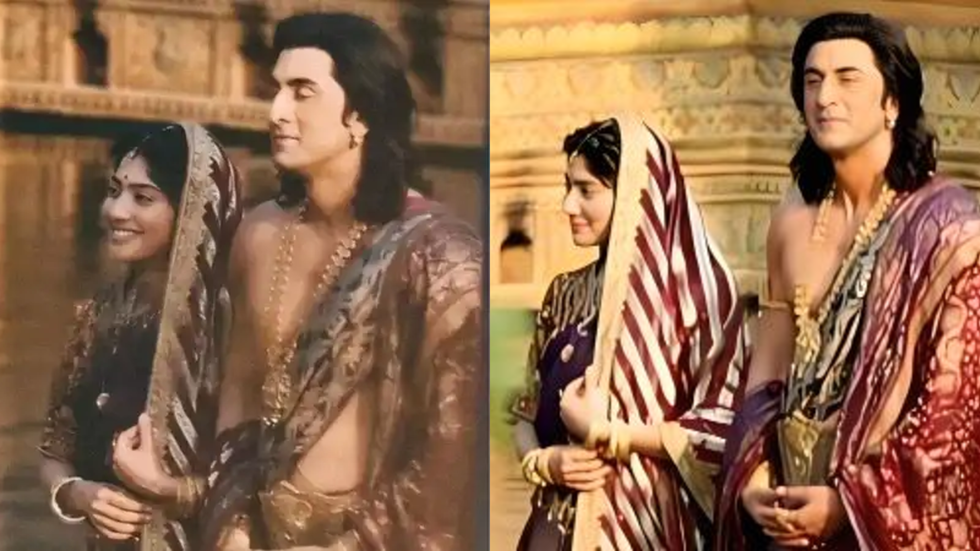 Producer Namit Malhotra reveals how AI will make Ramayana resonate globally with native-language realism IMDB/Reddit
Producer Namit Malhotra reveals how AI will make Ramayana resonate globally with native-language realism IMDB/Reddit 
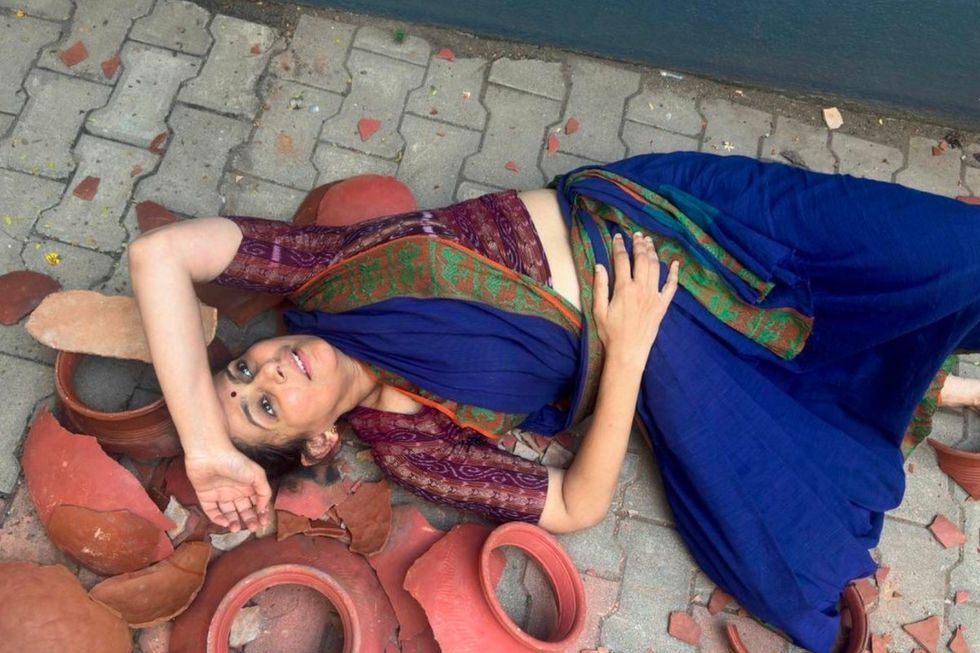 Vidya Thirunarayan in Holy Dirt brings myth and ritual into raw physical form The Clay Connection
Vidya Thirunarayan in Holy Dirt brings myth and ritual into raw physical form The Clay Connection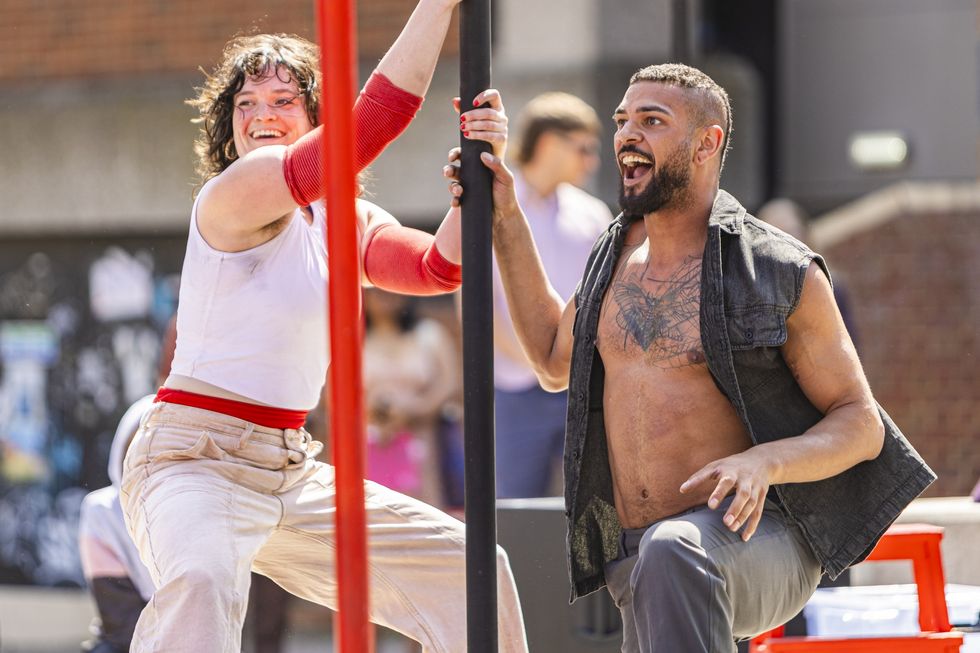 Sadiq Ali's pole performance explores HIV stigma with athletic graceLuke Whitcomb
Sadiq Ali's pole performance explores HIV stigma with athletic graceLuke Whitcomb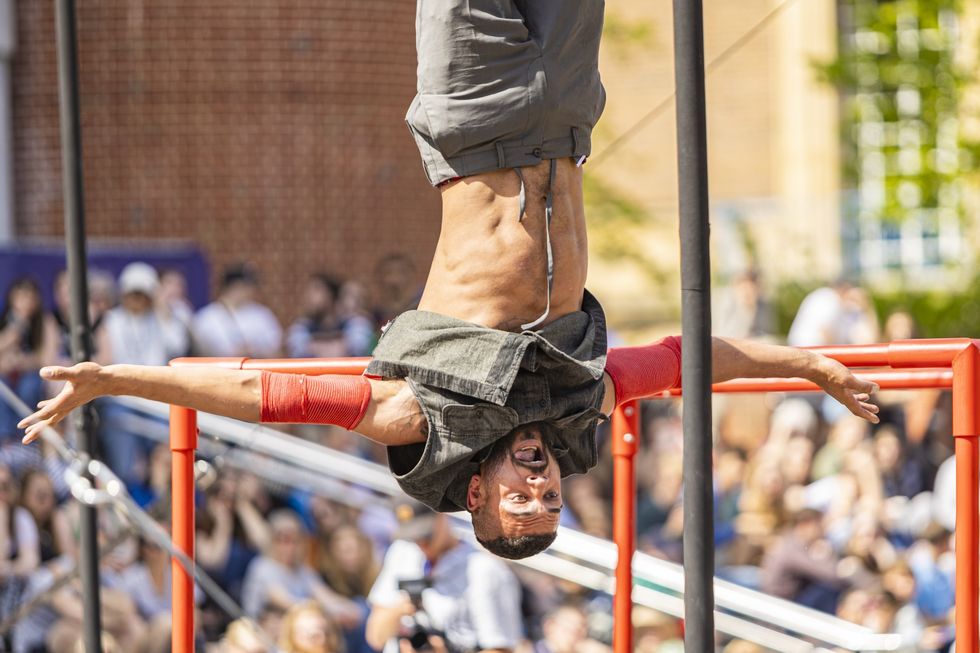 Sadiq Ali delivers a daring upside-down act in his powerful show Luke Whitcomb
Sadiq Ali delivers a daring upside-down act in his powerful show Luke Whitcomb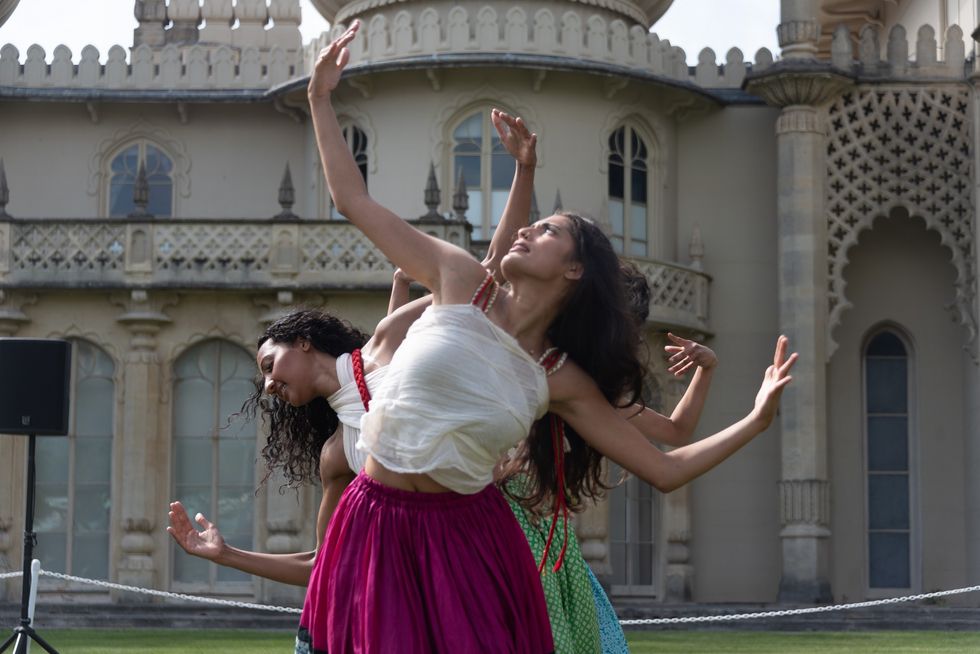 Dancers in Nandita Shankardass’s Roots to Rise connect movement with memoryJohn Evans
Dancers in Nandita Shankardass’s Roots to Rise connect movement with memoryJohn Evans
 People's Bulletin boardICYMI
People's Bulletin boardICYMI